In the following reaction sequence, the products (B) to (E) are formed.
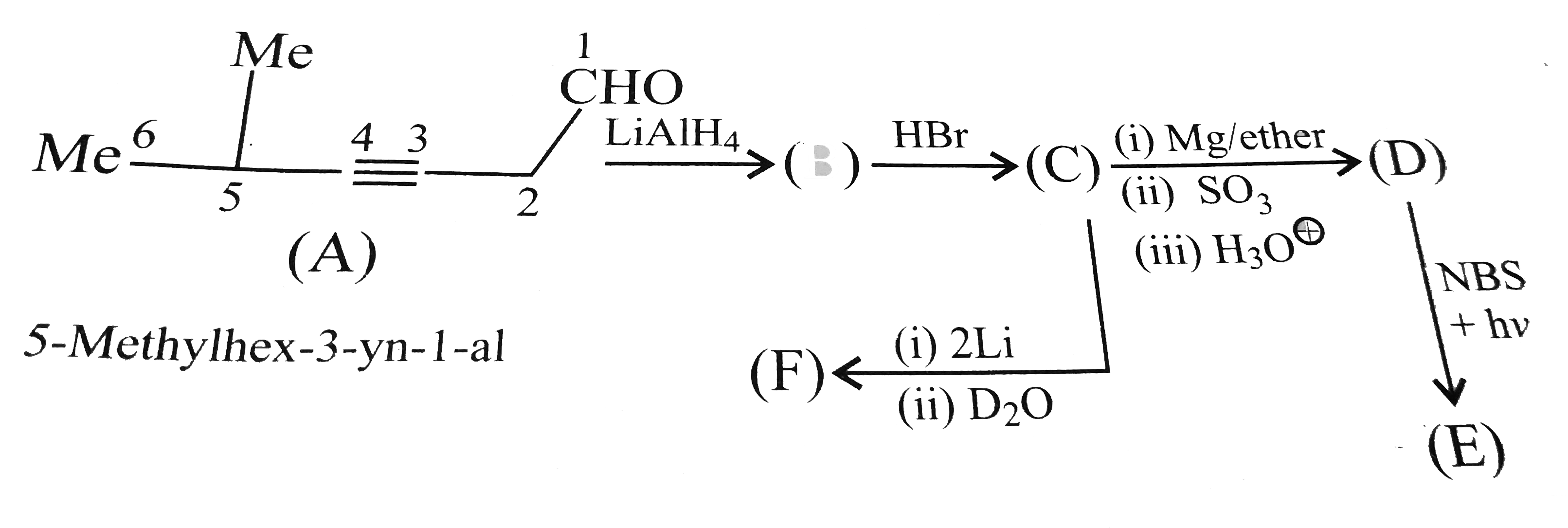 .
.
The structure of product (E) is :
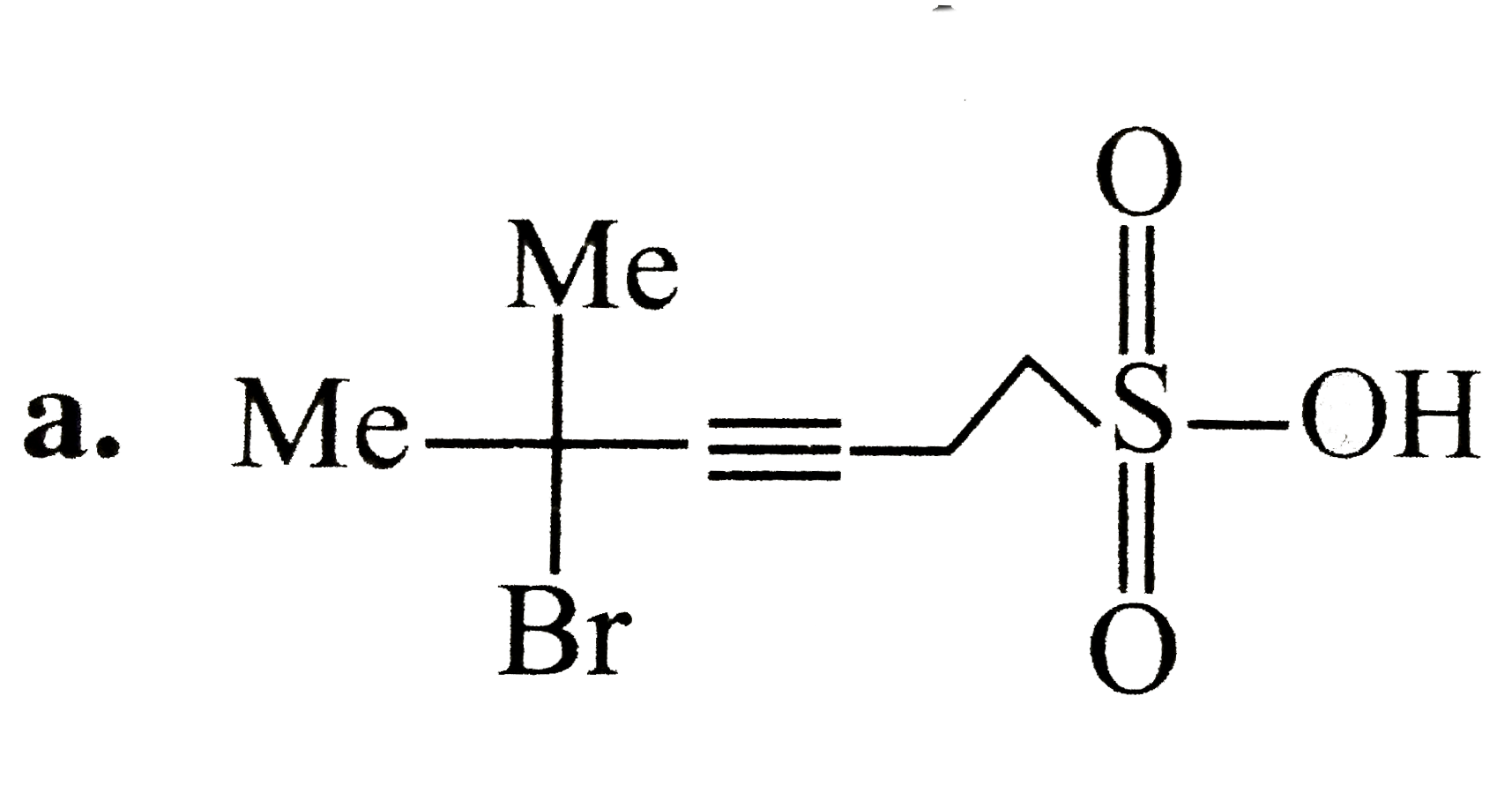
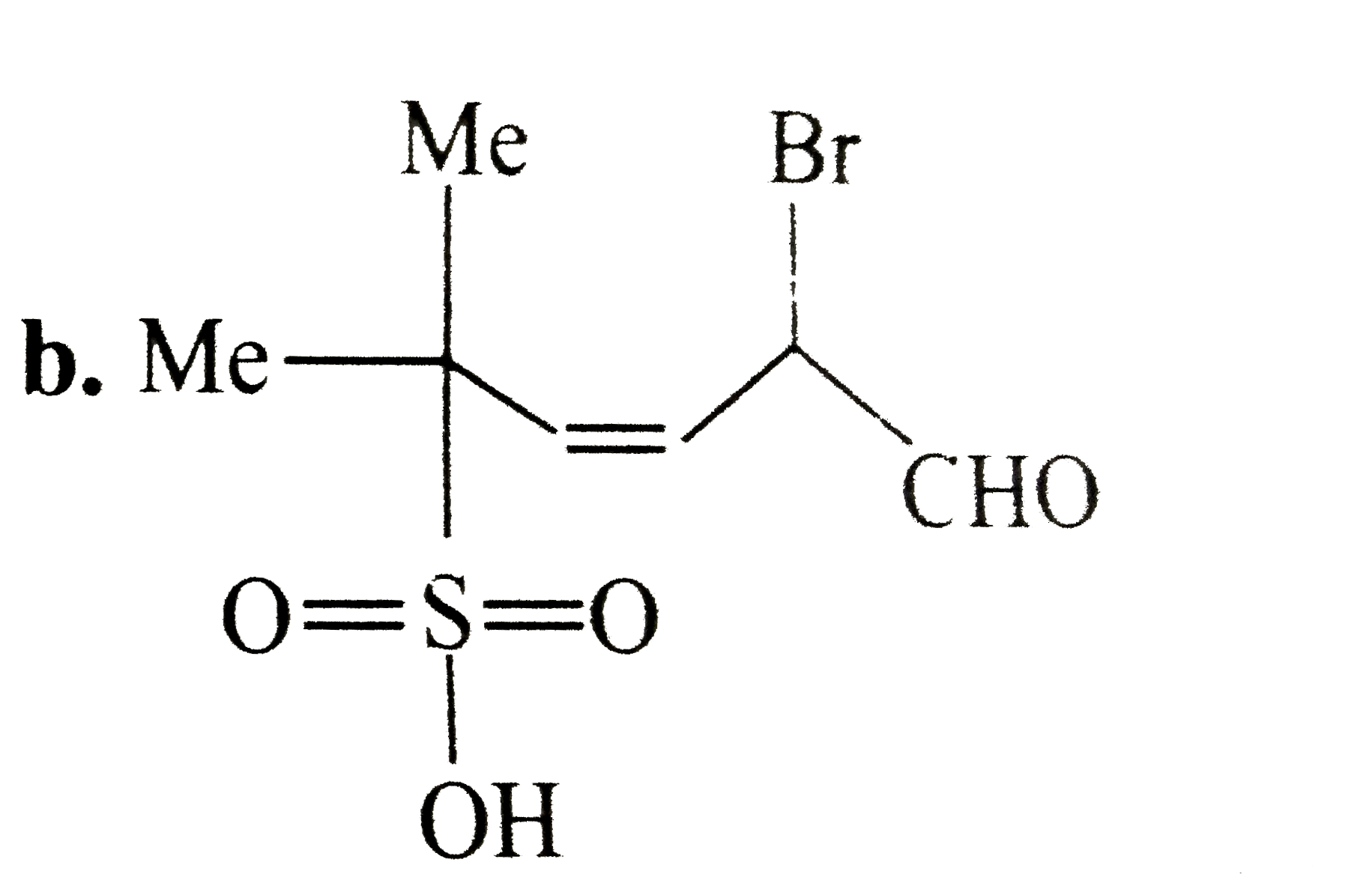
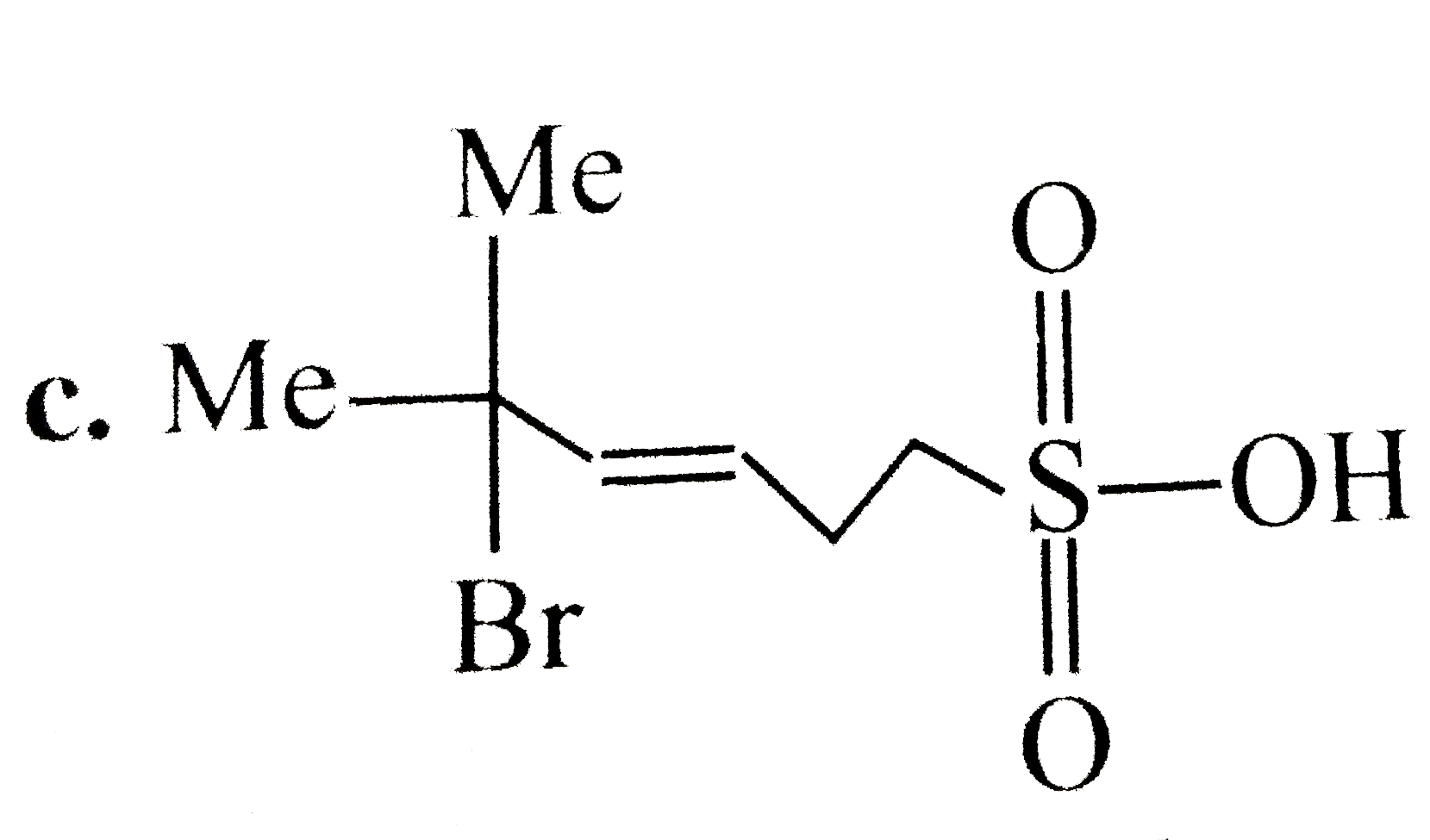
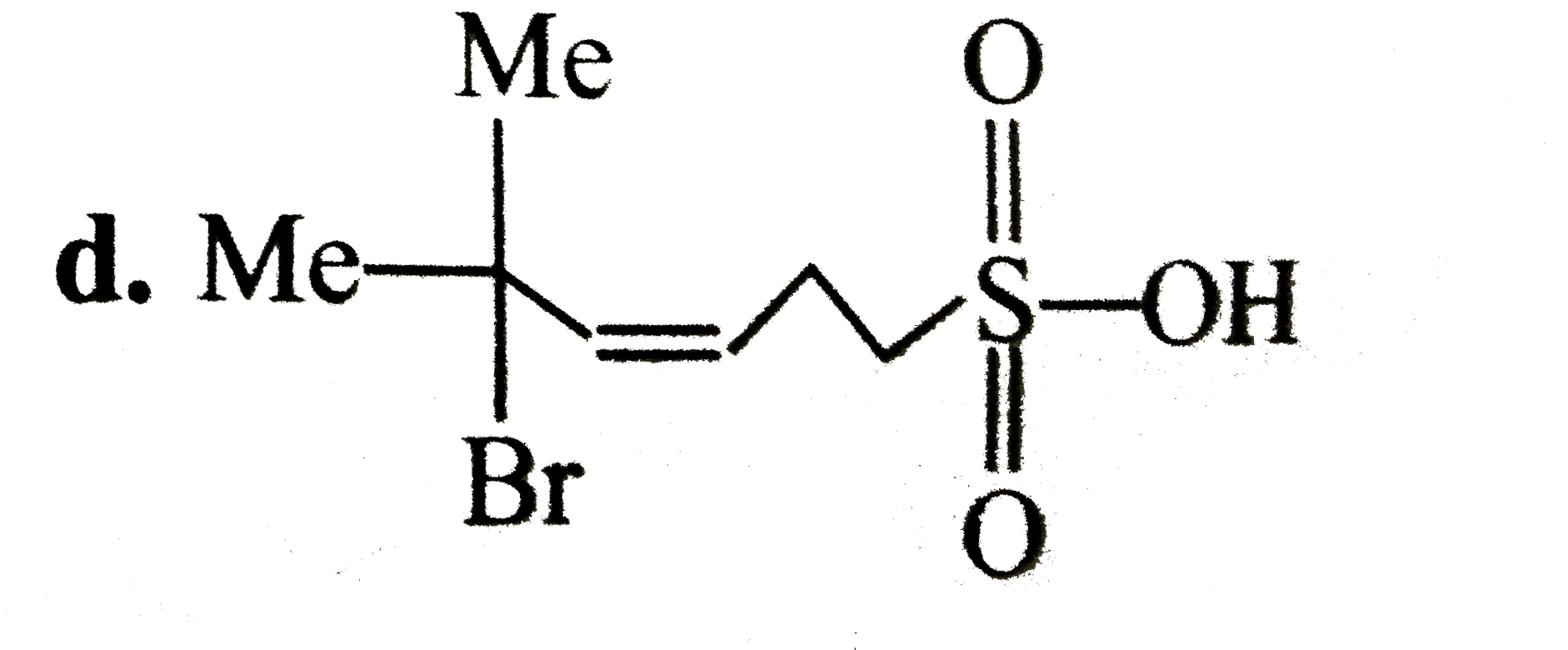
The correct Answer is:C
( c) With NBS, allylic bromination takes place. There are two allylic positions, 2∘ and 3∘ allylic , 3∘ allylic is more reactive than 2∘ allylic. Hence, the answer is (c).
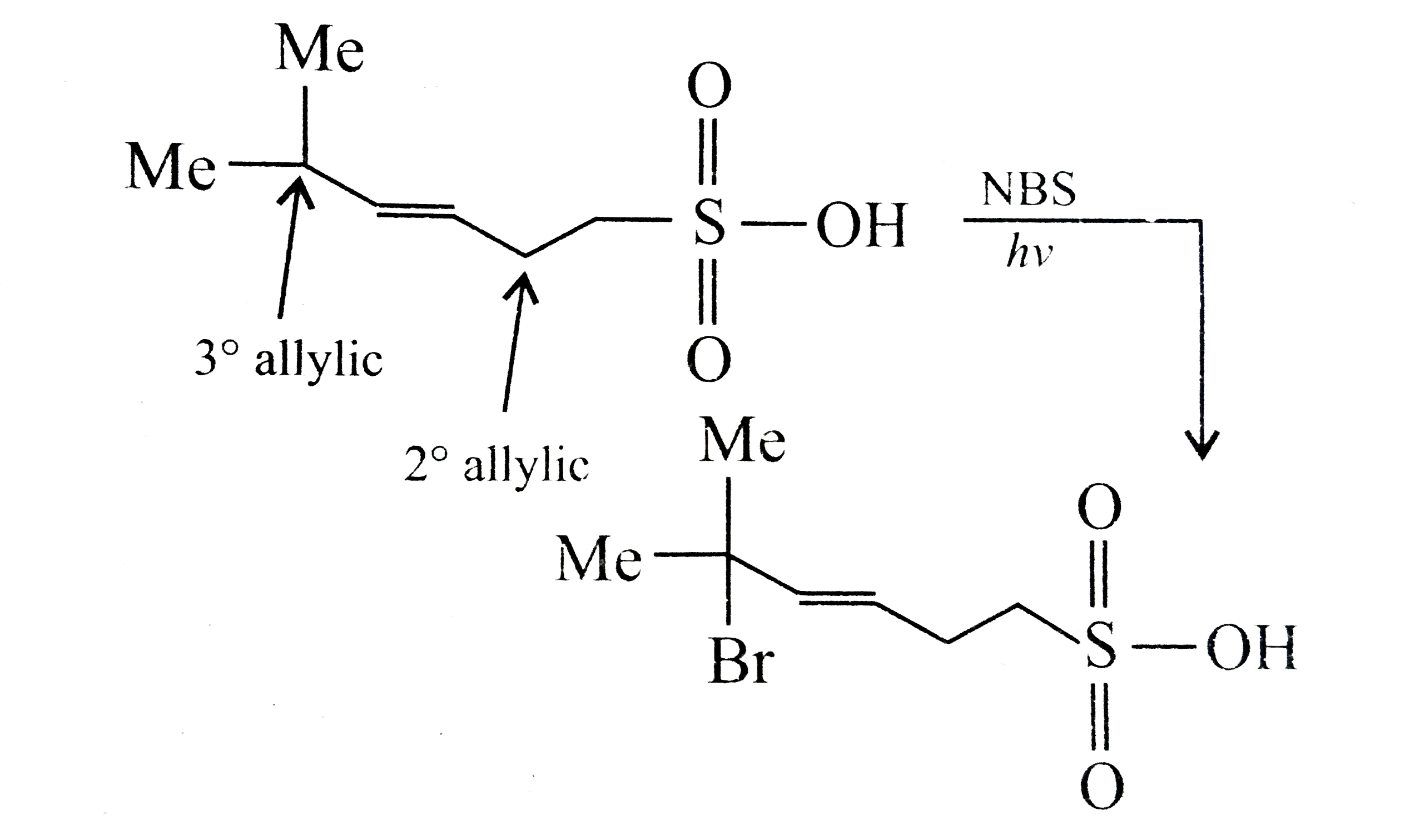 .
.
Topper's Solved these Questions
- GRIGNARD REAGENTS AND ORGANOMETALLIC REAGENTSBOOK - CENGAGE CHEMISTRY ENGLISHCHAPTER - GRIGNARD REAGENTS AND ORGANOMETALLIC REAGENTSEXERCISE - Exercises (Multiple Correct)
16 Videos
- GRIGNARD REAGENTS AND ORGANOMETALLIC REAGENTSBOOK - CENGAGE CHEMISTRY ENGLISHCHAPTER - GRIGNARD REAGENTS AND ORGANOMETALLIC REAGENTSEXERCISE - Exercises (Single Correct)
47 Videos
- GRIGNARD REAGENTS AND ORGANOMETALLIC REAGENTSBOOK - CENGAGE CHEMISTRY ENGLISHCHAPTER - GRIGNARD REAGENTS AND ORGANOMETALLIC REAGENTSEXERCISE - Exercises (Subjective )
17 Videos
- GENERAL PRINCIPLES AND PROCESS OF ISOLATION OF ELEMENTSBOOK - CENGAGE CHEMISTRY ENGLISHCHAPTER - GENERAL PRINCIPLES AND PROCESS OF ISOLATION OF ELEMENTSEXERCISE - Archives (Subjective)
14 Videos
- NCERT BASED EXERCISEBOOK - CENGAGE CHEMISTRY ENGLISHCHAPTER - NCERT BASED EXERCISEEXERCISE - Nuclear Chemistry (NCERT Exercise)
29 Videos
Similar Questions
In the following reaction sequence, the products (B) to (E) are formed.
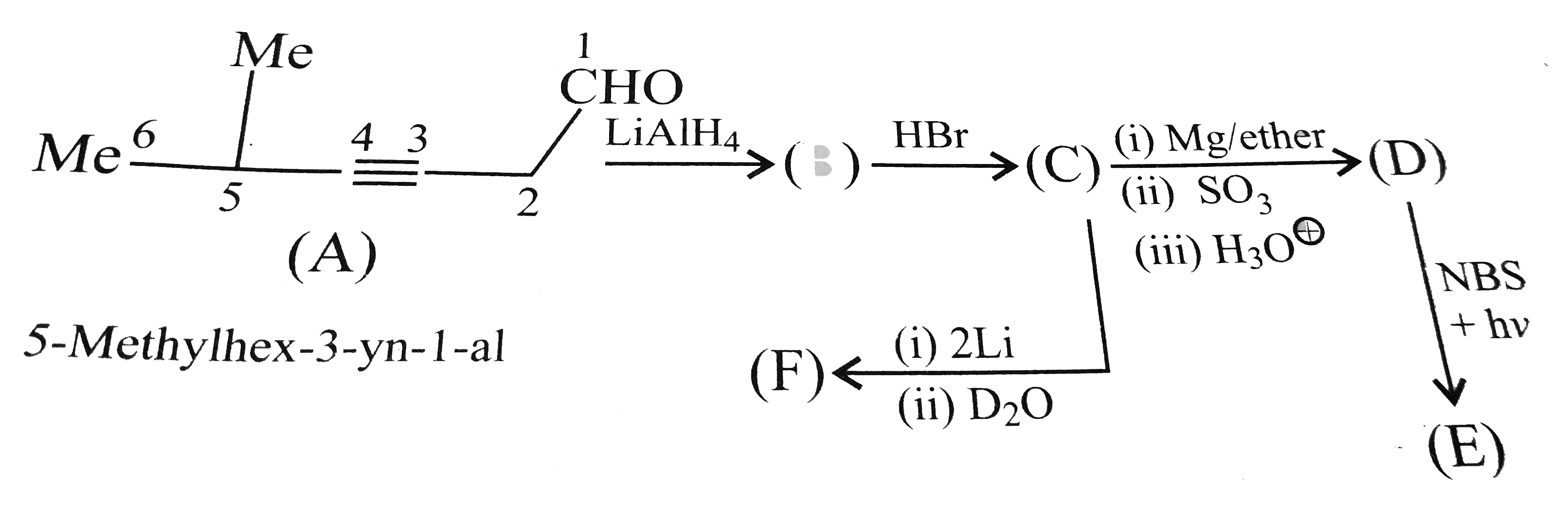 .
.
The structure of product (B) is :
View SolutionIn the following reaction sequence, the products (B) to (E) are formed.
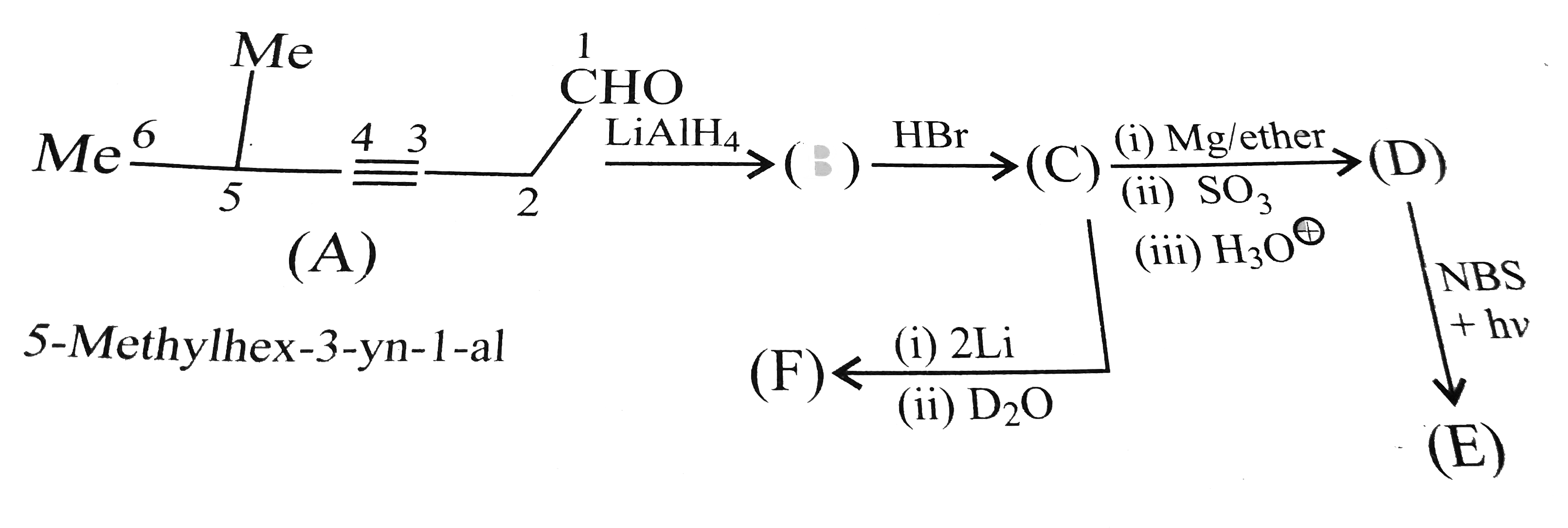 .
.
The structure of product (D) is :
View SolutionIn the following reaction sequence, the products (B) to (E) are formed.
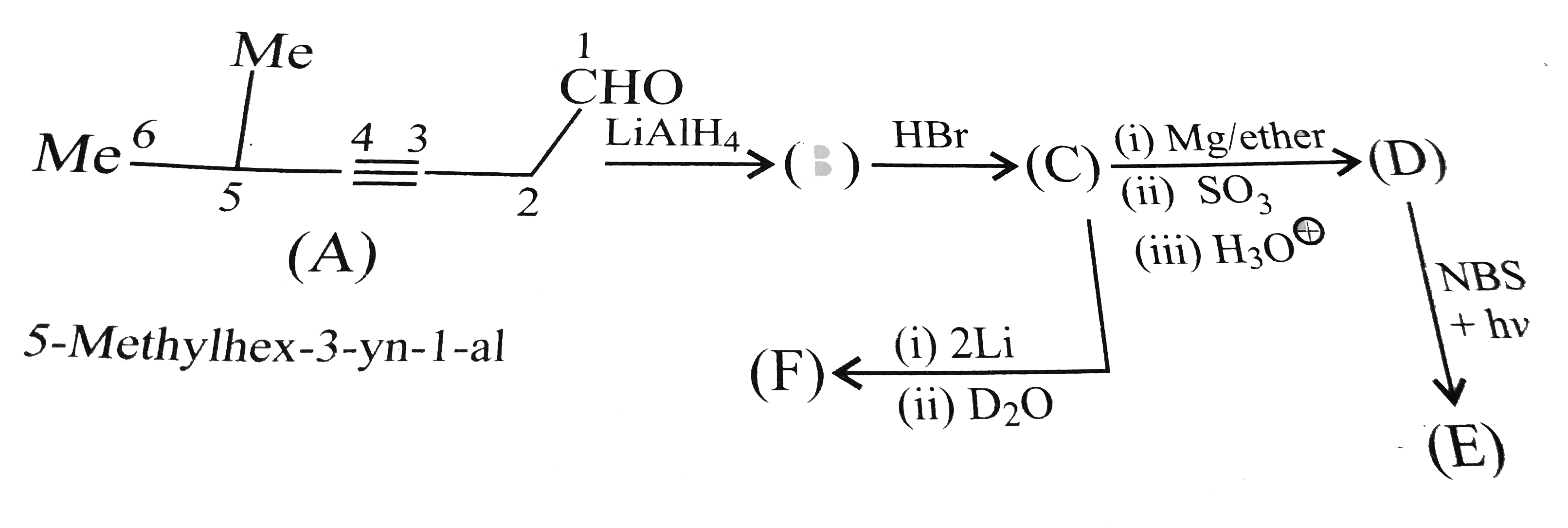 .
.
The structure of product (F) is :
View SolutionIn the following reaction sequence, the products (B) to (E) are formed.
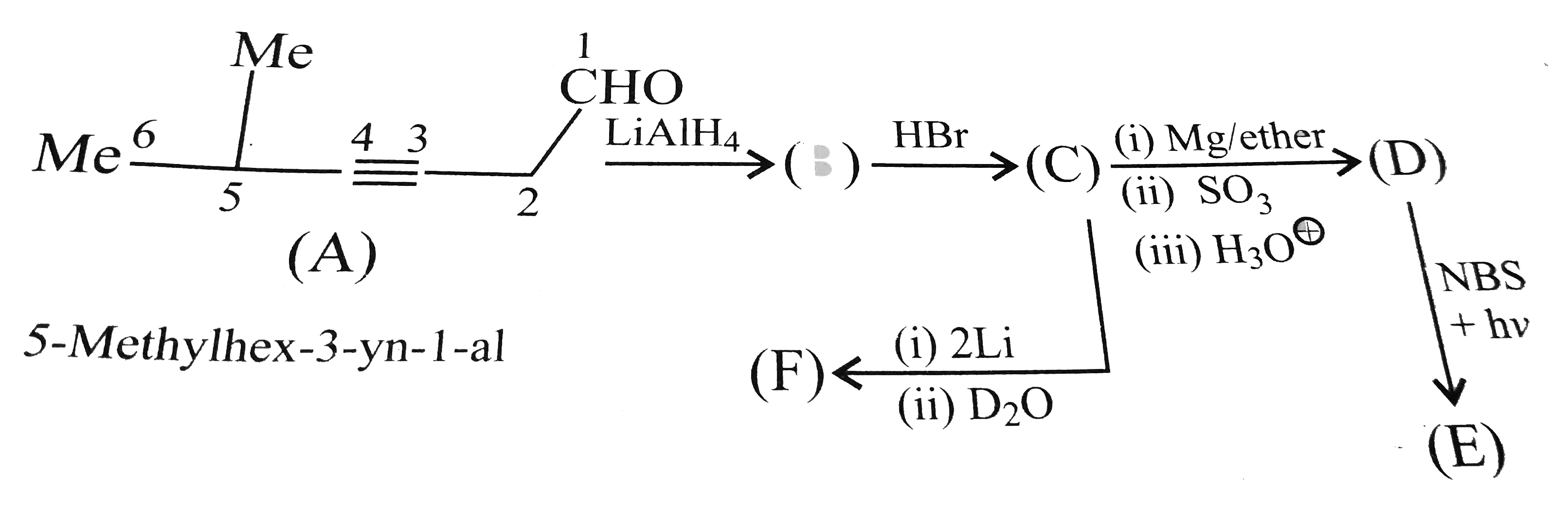 .
.
The structure of product (C) is :
View SolutionIn the following reaction sequence the major product B is
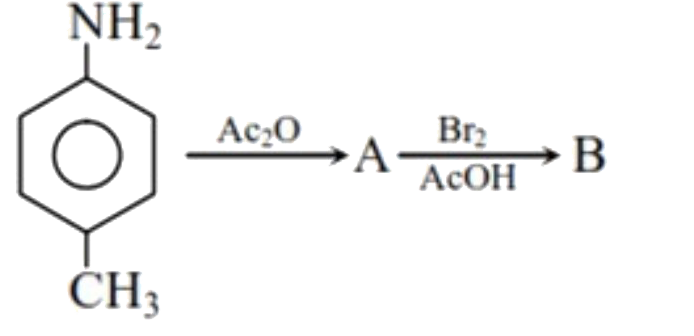
View SolutionIn the following reaction sequence,
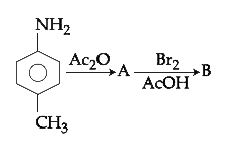
the major product B is :
View SolutionIn the following reaction sequence, products (A) to (G) are formed.
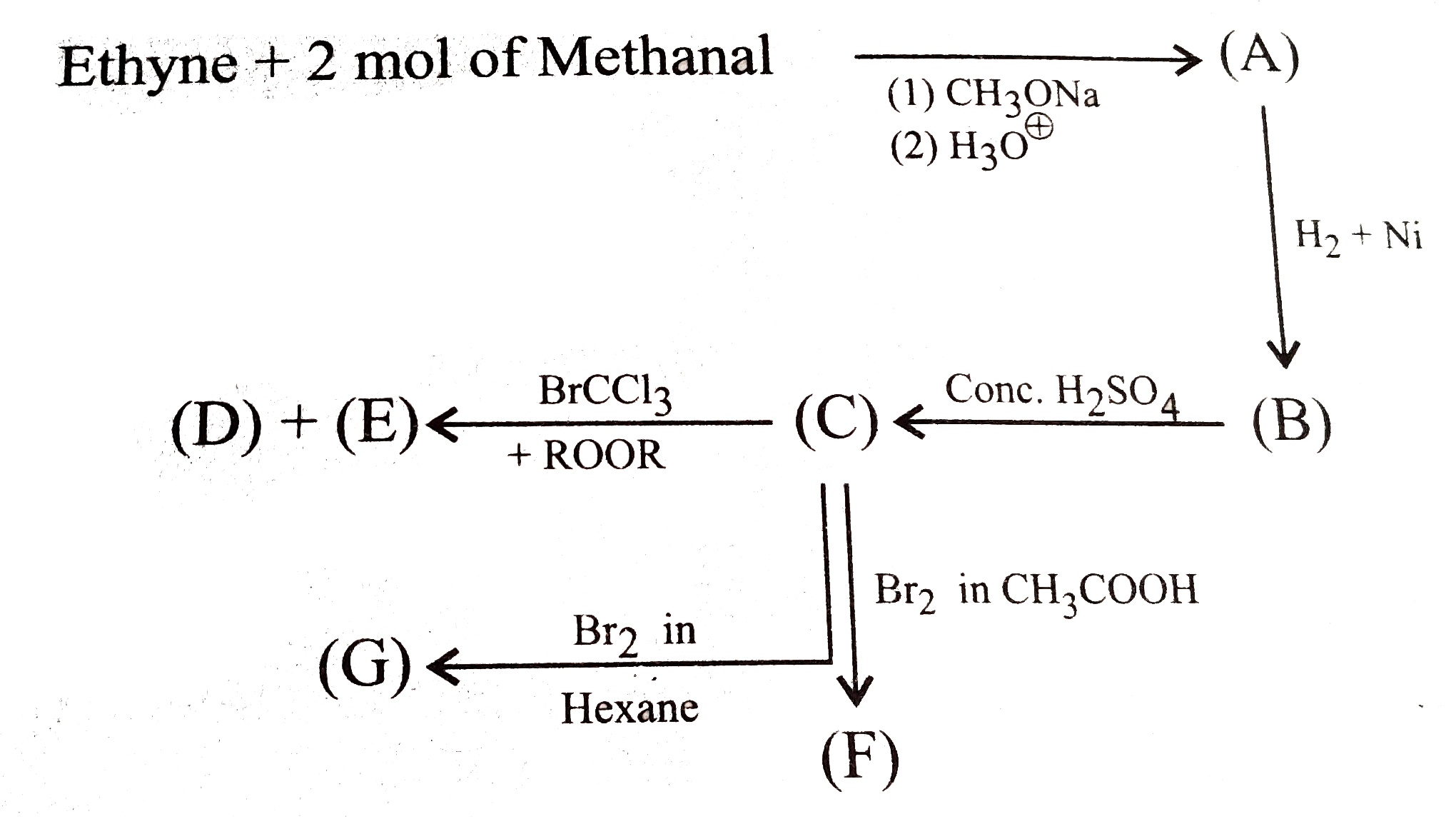
Product (B) is:
View SolutionIn the following reaction sequence, products (A) to (G) are formed.

Product (A) is:
View SolutionIn the following reaction sequence, products (A) to (G) are formed.

Product (F) is:
View SolutionIn the following reaction sequence, products (A) to (G) are formed.

Product (C) is:
View Solution
